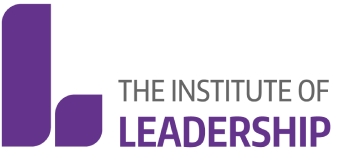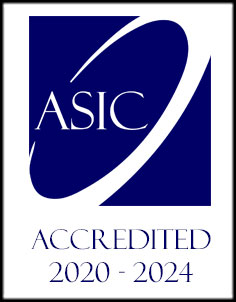Course Overview
Today’s Human Resource department plays a far more prominent role in the management and oversight of organisations than was previously the case. This is because it has become generally accepted that an organisation’s workforce – its people – are its most valuable resource and an organisation cannot succeed without eectively managing this resource.
The HR professional therefore has one of the most important roles in the organisation, overseeing sta recruitment, training and development, shaping and dening culture, motivating the workforce and resolving disputes and grievances.
This course will utilise case studies, best practice examples and delegate experiences to provide participants with a thorough and holistic understanding of the HR function and the role of the modern HR professional. In addition to this the course also explores how the HR department has evolved, how it now ts into the rest of the organisational structure, and the challenges and responsibilities it now faces.

The Institute of Leadership has approved this training course. The Institute combines years of research, knowledge and innovation to champion the leadership agenda for alL and since 1947 they have carried out extensive research into the knowledge, skills, attitudes, behaviours and values of great leadership. Based on The Institute's core leadership values, this course meets the standard that enables learners who have completed to access the following benefits:
- Membership of The Institute of Leadership will be in receipt of an ICPS/The Institute joint Certificate of achievement for the course
- Access to a raft of resources to help you with your continuing professional development, including an award-winning library of e-learning content
- A community of over 70,000 members worldwide enabling you to collaborate and grow your knowledge and skills
- Receipt of weekly news updates, podcasts and cutting-edge research and a monthly published journal and invitations to topical webinars
- Authorisation to use approved letters AMInstL (Associate Member of The Institute of Leadership) after your name for business correspondence
Topics Include
- The evolution of the HR department
- Workforce planning
- Devising and implementing HR strategy
- Use of technology
- Employee engagement
- Succession planning
Learning Outcomes
By the end of this course delegates will be able to:
- align HR with an organisation's strategic objectives
- identify and develop future organisational leaders
- employ motivational techniques to increase staff performance
- design and develop a competency based framework
- recognise the importance of a positive organisational culture
Agenda
Day One
- - Options for the HR Function
- - Model of HR – Dave Ulrich
- - Business and the HR strategy
- - Use of technology in HR
- - Outsourcing
- - Exploring HR strategies and good practice
- - HR Policies - why we need these?
Day Two
- - Talent management
- - the role of the Board and senior leadership team
- - Use of the ‘9 Box Talent Management Grid’
- - Exercise and group discussion


What Learners Say
Ministry of the Public Service
“ Really enjoyed it. Got so much from it. Really informative and relevant. “